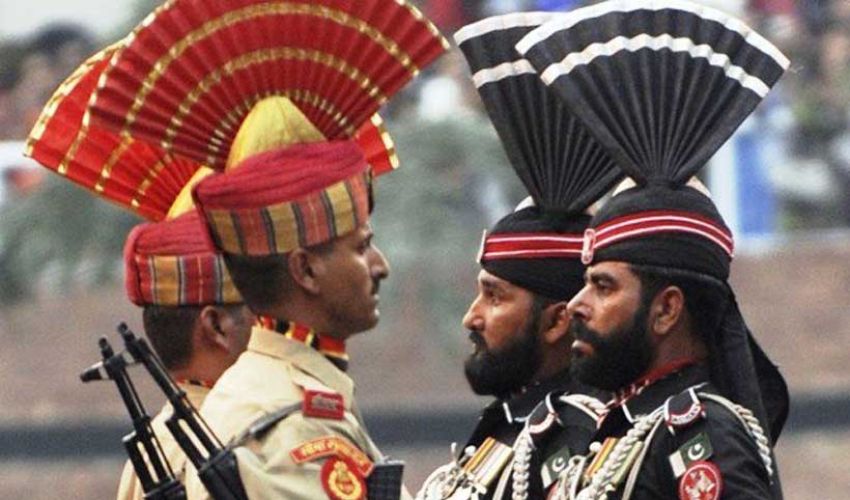During the Supreme Court hearing of an intra-court appeal challenging the trial of civilians in military courts, Justice Jamal Mandokhel posed a critical question regarding the constitutional authority of the armed forces.
He inquired whether an institution subordinate to the executive could lawfully exercise judicial power, highlighting a key legal debate over the separation of powers and the jurisdiction of military courts.
Supreme Court resumed hearings on intra-court appeals challenging the annulment of military trials for civilians. During the proceedings, former PTI chairman’s lawyer, Uzair Bhandari, based his arguments on the 26th Constitutional Amendment.
Bhandari argued that the decision to nullify the trials could not be overturned without revisiting the FB Ali case. He further contended that under the 26th Amendment, the court cannot grant relief unless explicitly requested.
During the hearing, Justice Jamal Khan Mandokhail remarked on the role of parliament, stating, “Even a five-judge decision can be overturned through a parliamentary resolution.” He also questioned whether courts established under Article 8(3) could conduct trials of civilians.
Justice Mandokhail further inquired, "Under Article 245, the military operates under the executive. Can a force under executive control exercise judicial authority?"
Defending his stance, Bhandari stated that the Constitution does not authorize the military to establish courts for civilians. He also pointed out that there was no formal cabinet decision regarding military trials of civilians before the court.
During the session, Justice Musarrat Hilali remarked, "The entire case is linked to the FB Ali case, yet no one seems to know its details."
The Supreme Court adjourned the hearing, scheduling the next session for February 24.



























